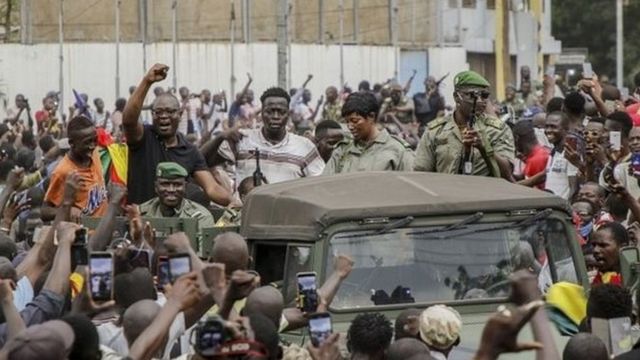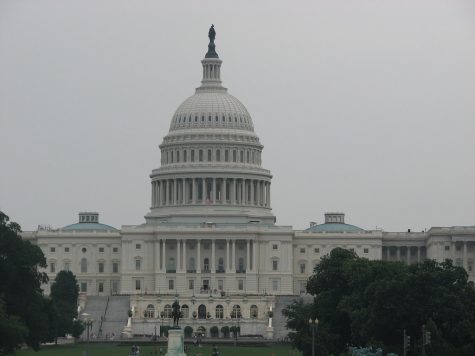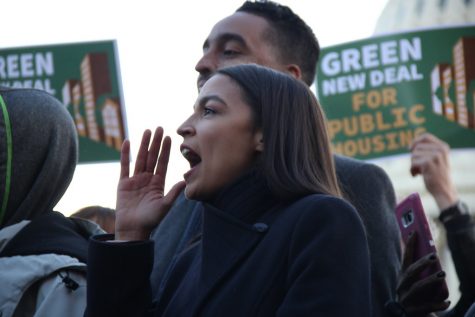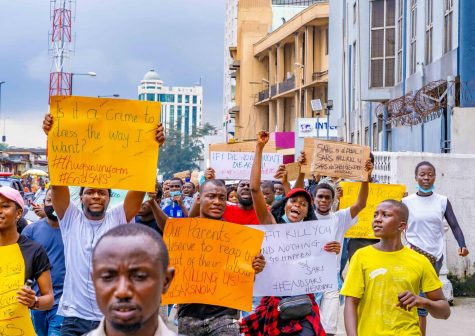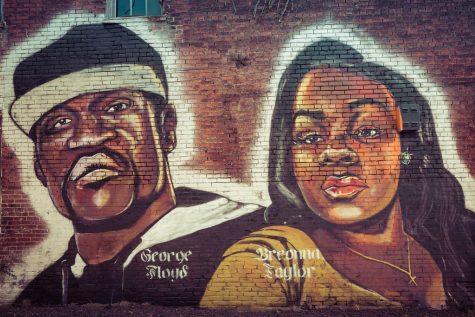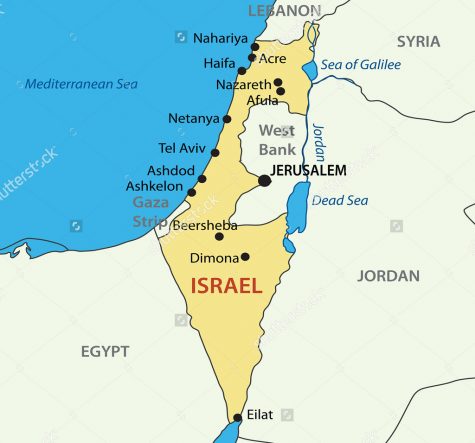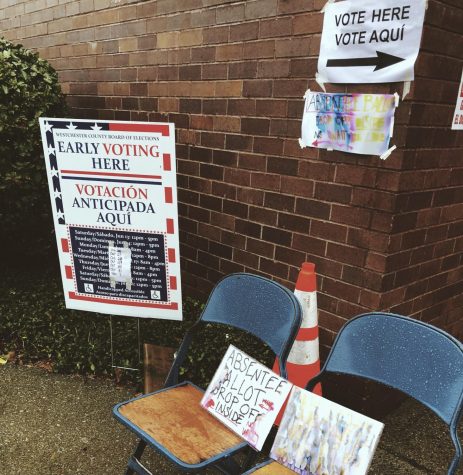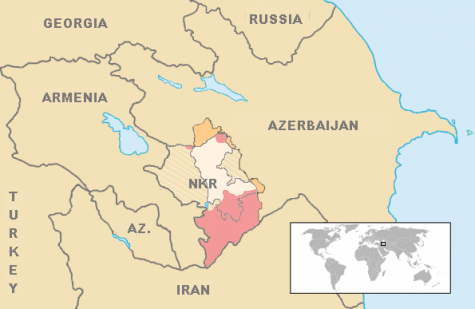Coup in Mali: Military Personnel Despose Civilian Government, Work With Protestors to Reinstall Civilian Leadership
September 30, 2020
BAMAKO, MALI- Midnight, August 18th, 2020, Malian President Ibrahim Boubacar Keita announced his resignation in the face of political unrest. A mutiny at the Kati military base has leveraged Keita and his government with the threat of bloodshed. Over the past month, it has been unclear who is in charge and how long it will take before a peaceful and democratic resolution can be achieved.Mali, a former French colony and large nation in the Western Sahara, is home to the ancient trading city of Timbuktu and has roots in the Mali Empire and the Trans-Saharan gold trade. The country was first colonized by the French, who gave them their modern borders and national language in 1898. Mali finally gained independence in 1960, although their newly found freedom was accompanied by political unrest. Mali continues to be plagued by rebellion, corruption, and military coups. Ideological groups vying for power in the North, East, and Center of the country prevent successful governance of those areas.
Recently deposed President Keita was first elected in 2012. Over the next 6 years, he proved ineffective against the country’s failing economy and against the extremist groups from the northeastern parts of the country, which have begun spreading into the greater Sahel. In 2018, Present Keita was re-elected, although opposition parties claim the election results were irregular and untrustworthy. 2020 saw the advent of long-delayed parliamentary elections. Taking place on March 29th, events surrounding the election and results coming from the polls sparked great outrage. Just three days before, on March 26th, prominent opposition leader Soumaila Cisse and his campaign team were kidnapped by armed men. The second round of the election saw similar events all over the country with polls being disrupted. Finally, on April 30th, Mali’s Constitutional Court announced the transfer of ownership of 31 seats in the Parliament, 10 of these going to Keita’s party, giving them the majority in the country’s legislature. On May 30th, headed by Muslim leader Muhmoud Dicko, opposition parties and civilian groups form an alliance under the banner of “Movement of June 5 – Rally of Patriotic Forces.” This alliance called for the maintenance of civil disobedience and the dissolution of parliament until President Ketia’s resignation was received. The next three months saw continued protests by the June 5 movement as Keita formed his government and denied political change. By July 10th, clashes between protestors and security forces became fatal, and over the next three days, 14 protests would die. Eventually, mediators from 15 member states of the Economic Community of West African States (ECOWAS) arrived in Mali to strike a deal between President Keita’s government and the protestors. President Keita began floating political reform bills that were never passed into laws, while protesters maintained their stance on Keita’s resignation. The ECOWAS’s demands became more pressing and as Keita listened to his neighbors, he would only add fuel to protests, which ramped up from August 10th.
At 3:30 pm GMT on August 18th, reports from the Norwegian embassy near the Kati military base report gunfire and military vehicles moving East towards the capital. Over the next two hours, the capital Bamako became the focus of countries interested in the region. France and Mali’s ECOWAS partners discuss with Keita’s government the possibility of a coup and order the mutinying soldiers to stand down. By 5:30 pm, reports indicated that Keita and the Prime Minister Boubou Cisse had been captured by the mutinying soldiers and high military personnel. Up until 12:00 am, world organizations like the EU and the African Union (AU) continue to condemn the mutineers, while the protest movements like the June 5 Movement claim the detention of the President is not a military coup. At 12:15 am on August 19th, broadcasting from the Kati military base, President Ibrahim Boubacar Keita announced his resignation and the dissolution of parliament. By 7:35 that same morning, soldiers and military staff appear on TV to brief the nation and the world. They claim they are “not holding on to power but we are holding on to the stability of the country,” and at the same time are instituting a curfew from 9 pm – 5 am to restore order and begin planning for a general election.
Over the past month it has not been clear who exactly was in charge. We have seen during this time, one prominent military leader take charge both on and off television. Colonel Assimi Goita has made many appearances on camera during the political developments in Mali and appeared recently in announcing the temporary president’s swearing in. This past Monday the 22nd, an interim government had been chosen with retired colonel, defense minister, and military junta aid Bah N’Daou sworn in as president, and with current Colonel Assimi Goita himself as Vice President. Multiple leaders of the military coup and of the protests have been working with regional leaders from the ECOWAS to ensure a non-military interim government was put in place and that the time until the next elections are as short as possible. Members of the protestor leadership like Choguel Maïga have denied Colonel Goita’s claims that the military allowed June 5 Movement leaders to take part in choosing the temporary government and in setting the date for the next elections, which will take place in 2022.
Much is still unknown about the future of politics in Mali and in West Africa as a whole. Reports from inside the country state that most Malians support the military mutiny and the promises of change in government it offers. With major elections set to occur in October for the Ivory Coast and Guinea, many fear the protests and coup in Mali will set a precedent for those who wish for change in neighboring nations. In the wake of the military coup, regional and world organizations continue to condemn and sanction Mali, in an effort to reduce political upheaval in a volatile region.
Disclaimer: This article pulls upon coverage from Al Jazeera, The New York Times, and the BBC



